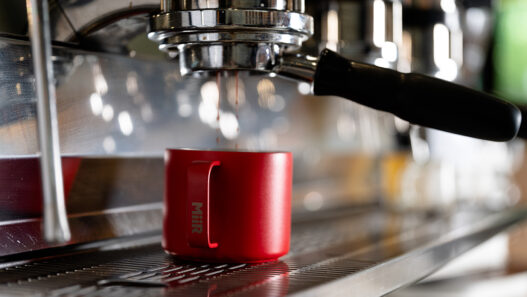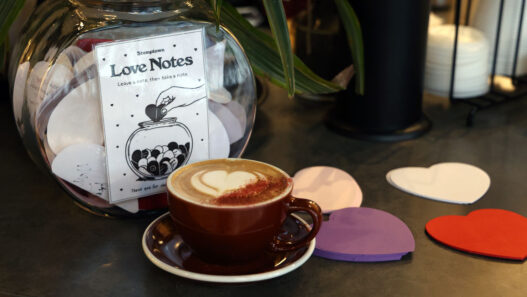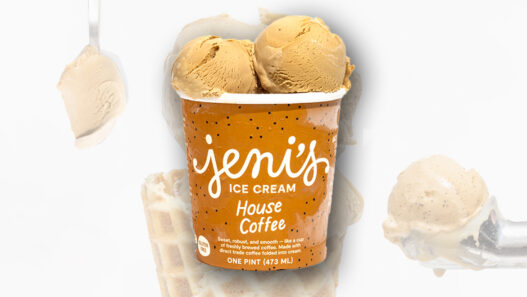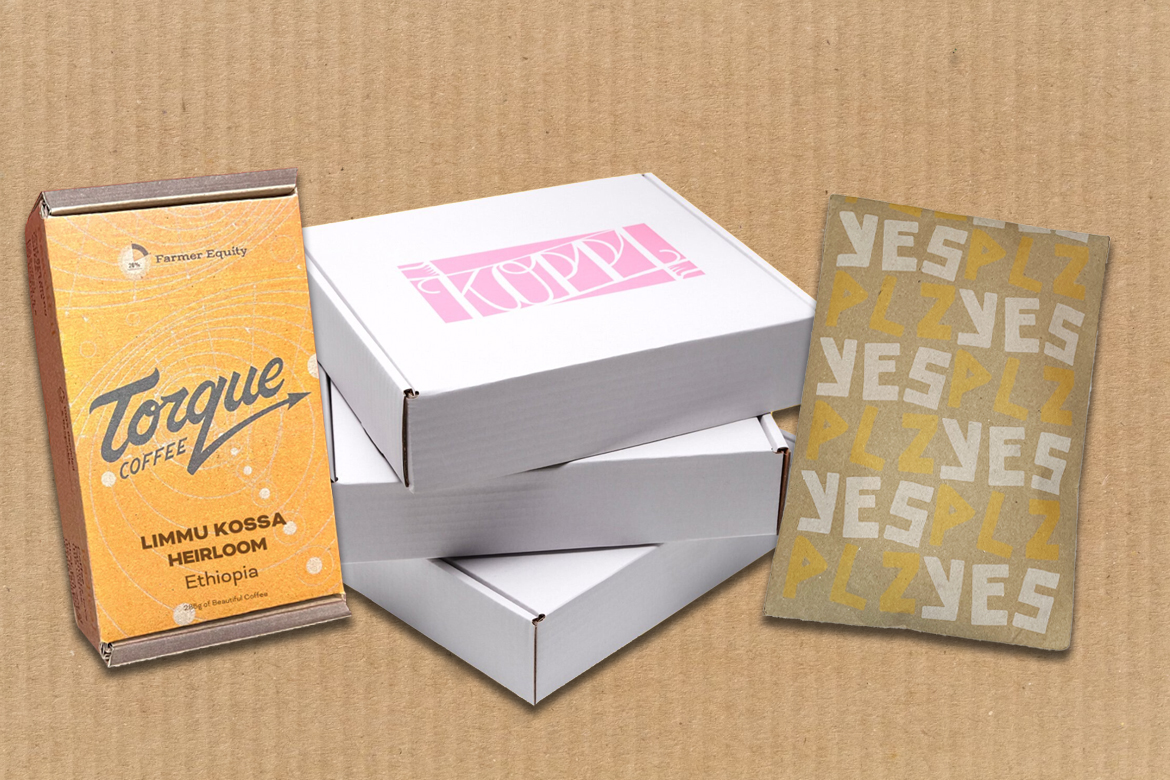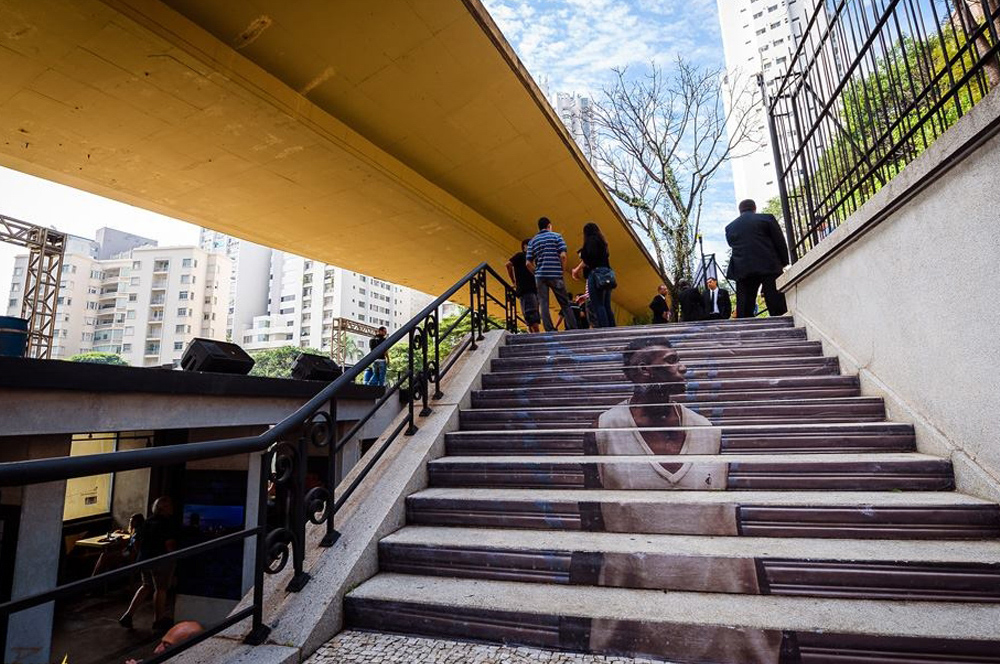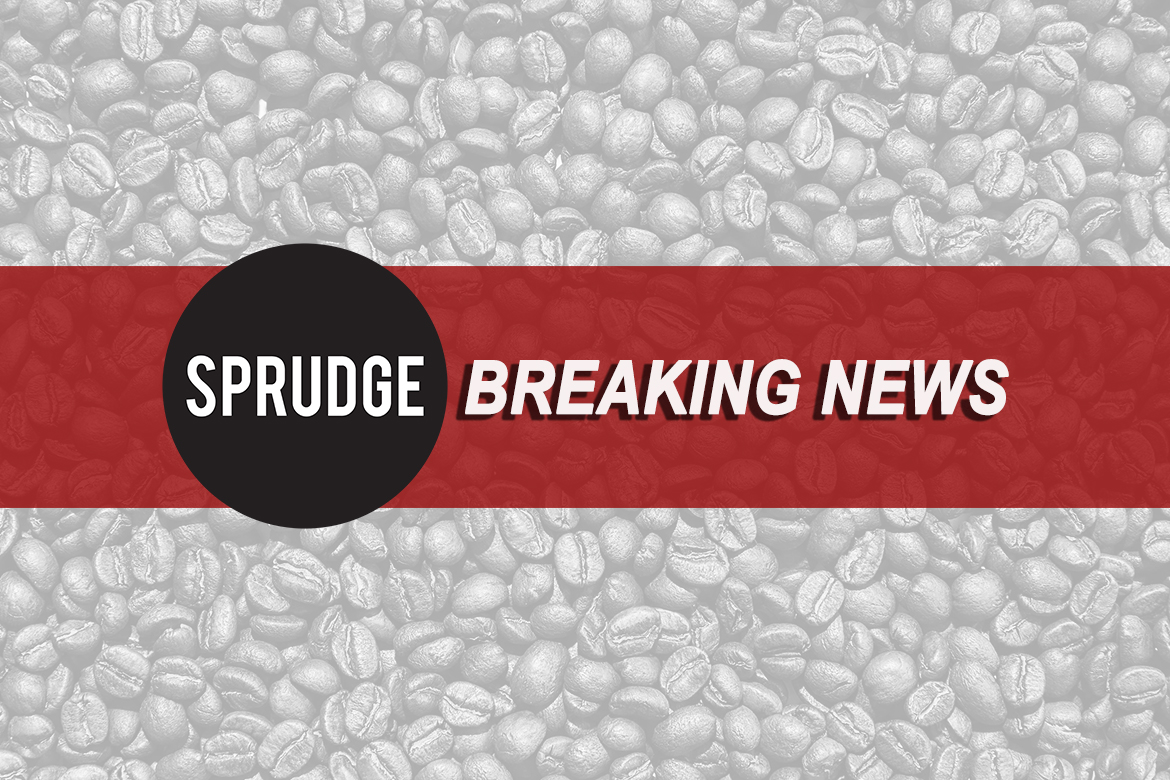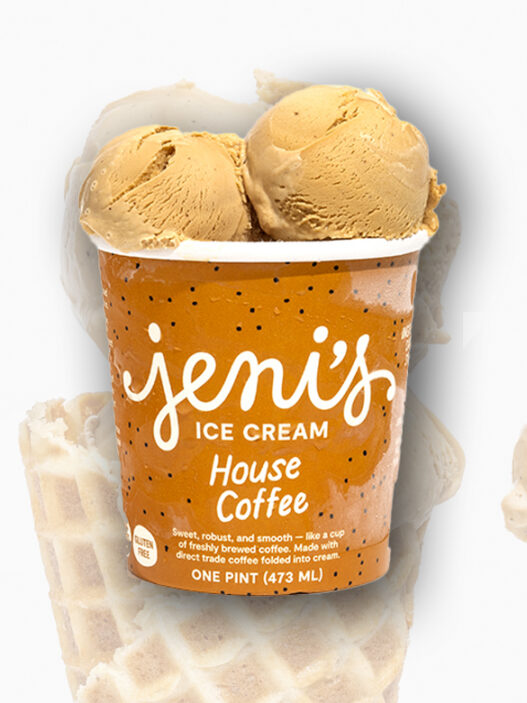Improving sustainability is an ever-present thought in the specialty coffee industry. Up and down the supply chain, interested parties are reexamining their processes and traditional ways of doing things in order to find enhancements that can reduce coffee’s environmental footprint. One area, though, that can get overlooked is that last leg for many a coffee’s journey: in the shipping materials.
Still, some companies are rethinking what their coffee ships in, particularly those going directly to consumers, and are finding success in limiting the amount of the packaging they ship that end up in a landfill. We spoke with three of those companies to find out what sort of sustainability considerations they made when creating their shipping materials.
Packaging in which coffee normally ships is by and large sustainable; the lion’s share of most coffee shipped to consumers comes packed in a cardboard box. But then there are stickers, tape, etc. that aren’t as recyclable or compostable as the rest of the material. This has led Andy and Nanelle Newbom of Torque Coffee to completely overhaul their entire shipping strategy, ultimately leading the direct-to-consumer subscription-based coffee roaster to create the Coffee Box.
All of the shipping materials that comprise the Coffee Box are 100% recycled, 100% recyclable, and 100% home compostable, and has been steamlined down to just the bare necessities: the box, the shipping label, the inner tissue, and the inner information card. No stickers, no tape.
“On the coffee consumption end of the supply chain all we can do is destroy less. We can’t get to carbon neutral let alone positive,” Andy Newbom tells Sprudge. “We can reduce, reuse and use recycled materials to destroy less. That’s why we made the Torque Coffee Box. To destroy less while enjoying your coffee.”
Similarly positioned in the direct-to-consumer space is Yes Plz by Tony “Tonx” Konecny and Sumi Ali. With their subscription model coffee roaster, Konecny and Ali have quietly been shipping out coffee to drinkers nationwide with minimal waste. Their mailers are made of majority post-consumer recycled paper that are “both light and sufficiently sturdy and easily recycled everywhere,” Konecny states. Like the Torque Coffee Boxes, there are no tape or stickers to be found.
Konecny goes on to note that primarily DTC coffee companies like Yes Plz and Torque are in a unique position: “we’re only shipping coffee to mailboxes—no grocery or retail shelves or anything like that.” And generally, shipments come in a single quantity, one bag. Sustainability challenges only compound when roasters trade in wholesale and one-off retail orders.
For Anne Lunell of Koppi in Helsingborg, Sweden, it’s less about finding a one-size-fits-all answer and more about an intentionality in their approach. “We wanted our packaging to be as ‘clean/pure’ as possible,” Lunell states. “What I mean with that is that we wanted our boxes to be pure cardboard, our bags to be pure plastic, etc.” Koppi ships their coffee in a variety of cardboard box sizes, depending upon the size of the order, from a single bag all the way to a cafe-sized wholesale order. Because of this range—and Koppi’s frequent international shipping that requires sturdier protection—tape is a necessary evil.
And for Lunell and Koppi, the most sustainably sound choice isn’t always the obvious one. “We had a conversation with our bag manufacturer DutchPak about using biodegradable bags, but they actually advised us not to use that since most countries don’t have a system in place to handle that waste. However, there are systems to recycle plastic and paper in most countries, which is why we chose to work with 100% plastic for our bags in the end.”
Still, there are other considerations beyond the shipping material itself. “If I’m ordering coffee from you, I hate seeing it come in a ULine box. Don’t give those assholes any more money,” Konecny tells Sprudge. “I understand there’s a weird arms race in coffee packaging right now and people want their products to stand out on the retail shelf, but to my mind, coffee is a fresh product and it’s packaging ought to be short lived and utilitarian. Having a foil printed bag in an ornate box that then goes into another shipping box feels excessive. Considering the ideally short lifespan of roasted coffee, it pains me to see some of these excessively designed bags that look like they’re meant to sit on display for months or years.“
Andy Brewbom would like to see more things like the Coffee Box, especially in the ecommerce/subscription space. “Increasingly customers are buying one coffee at a time, more frequently rather than a bunch of coffees infrequently. That’s the problem we are solving for.” Brewbom states that Torque is working on a bulk Coffee Box, a scaled-up version that will be able to ship up to two kilos of coffee. The scalability could serve a blueprint for even larger format shipping options, which would allow it to find use in the more traditional business to business model most coffee roasters are a part of.
The throughline in all three roasters we talked to seems to be an acute awareness of their customers and how best to make sure that once the product leaves the roastery it stands the best chance of being disposed of properly. Having the most compostable materials is great, but it requires buy-in. The best, most sustainable solution is the one that will be broadly adopted.
Zac Cadwalader is the managing editor at Sprudge Media Network and a staff writer based in Dallas. Read more Zac Cadwalader on Sprudge.




